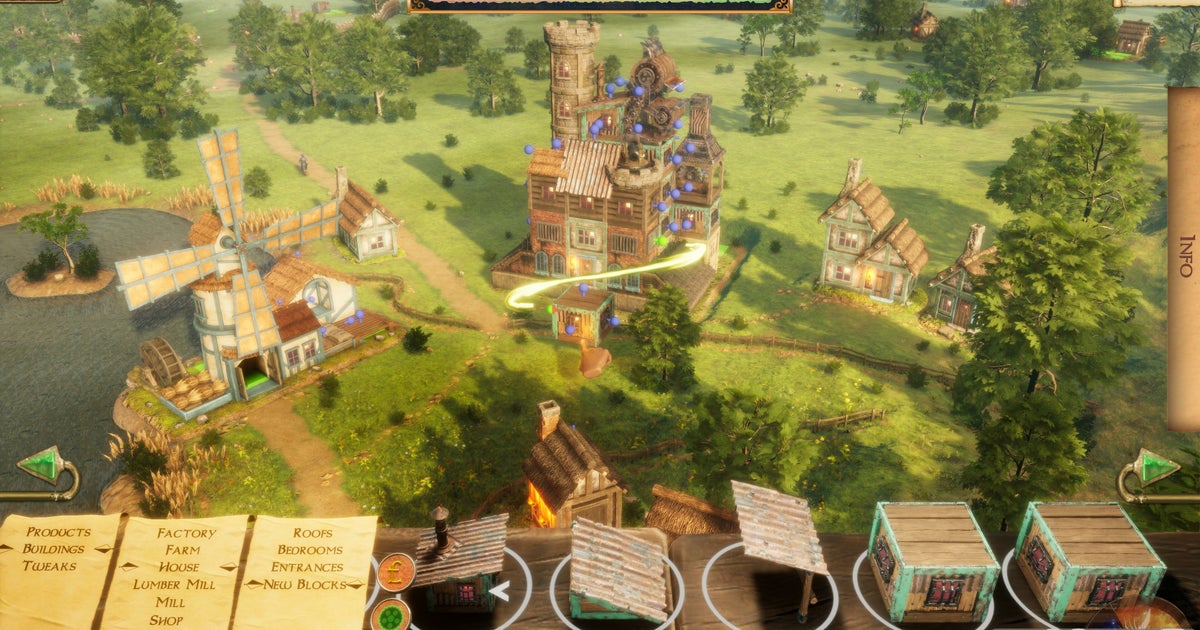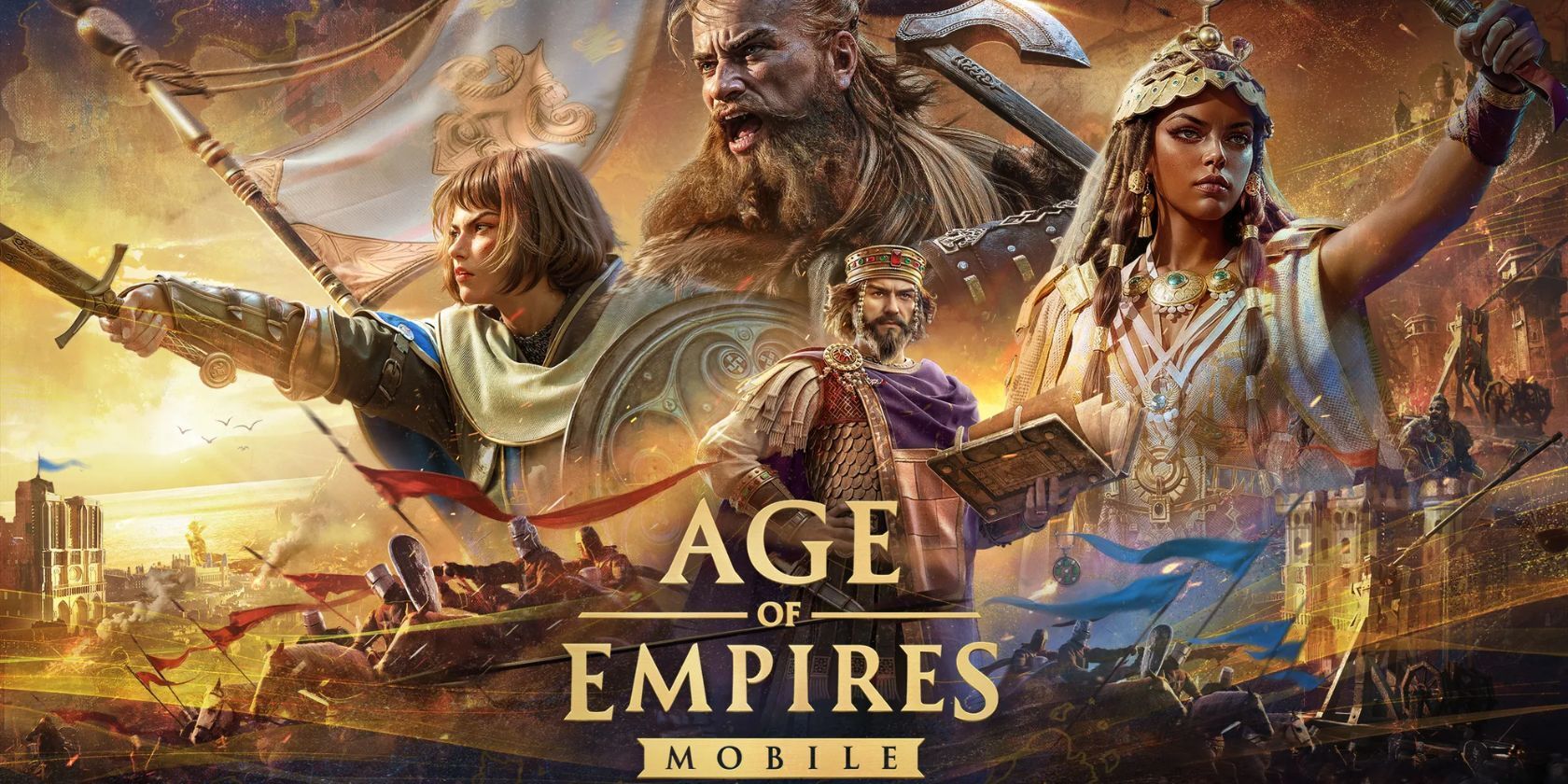

But an arcade game is a physical object. The preservation needs of arcade games are very different to games distributed on cartridge or disk, which is why I suggested that a digital library would be focusing on home game consoles, especially those released at a time when home gaming was the main way gaming got experienced (i.e., after arcades were the most popular way).
[24 years is] too short of a blip to consider a golden age
Assuming that “too short” and reference to a “golden age” was meant in refutation to my claim of the 3rd–6th console generations, which lasted from 1983 until 2007. If that’s the claim, I find it absolutely absurd. When we discuss the golden age of TV we’re talking barely one decade, from the mid-to-late oughts to the late 10s.
If you meant something else by that bit, I’m sorry, please disregard the above paragraph. But I don’t know quite what you do mean.







But I don’t think you need to go from the time when arcades were entirely irrelevant, but merely where they were no longer the main driving force. That’s at most the late '90s with gen 5 consoles and many big popular or influential game franchises like Quake, Pokemon, Age of Empires, Fallout, Diablo, and Grand Theft Auto (that’s '96 and '97 alone).
And you need to go up until at least the time when few of the largest games were available without cancerous monetisation strategies, not merely when a few games had started doing it. So you definitely need to go up to at least the launch of the 7th generation consoles in 2007.
To bring it back to the original point of the conversation, that’s not to say that it isn’t worth preserving games that did have those strategies of course. It just doesn’t detract from the sense of a period when the majority of gamers’ experience was much better.
And EA greedy in 2007. Doesn’t mean that what they were doing then was as bad as what is being done today.